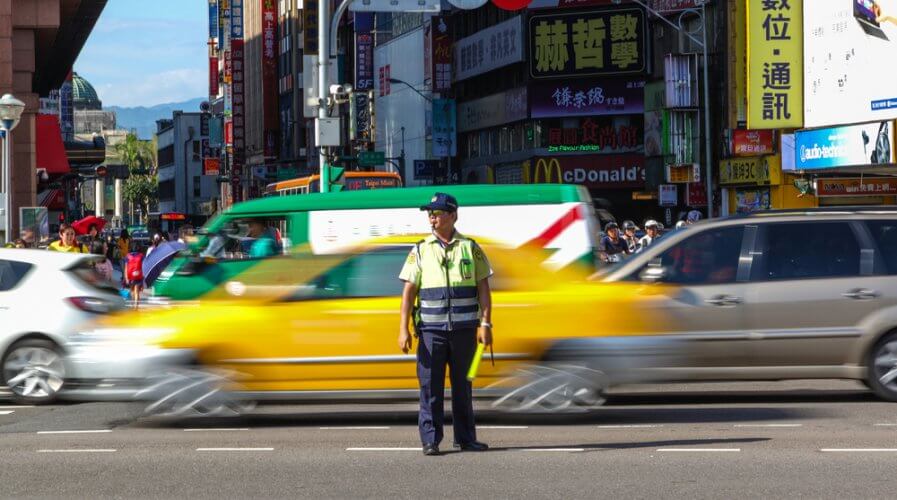
Autonomous vehicles will change the transportation system in smart cities. Source: Shutterstock
Smart city planners must prioritize the security of autonomous vehicles
SMART CITIES are the height of global innovation and modernization where scalable improvement in wireless connectivity, infrastructure management, and transportation systems can be achieved.
An important component in establishing smart cities are autonomous vehicles – connected, self-driving cars that could accelerate the digitalization and automation of ride-hailing and last-mile delivery services.
At an enterprise level, the deployment of the technology has been secured with strategies to protect the control systems that power the vehicles’ capabilities.
However, at an ecosystem level, such as in smart cities, autonomous vehicles’ security will be – and should be – a bigger concern as the technology will be webbed with other connected devices and powered through a shared network.
Even though city planners and developers are leveraging solutions like 5G, the Internet of Things (IoT), drone technology, driverless vehicles and artificial intelligence (AI) to power the cities, security strategies still need to be significantly enhanced.
As autonomous vehicles will be central to the transportation system of smart cities, a more progressive approach to ensure the security of and undisrupted function of the technology must be deployed.
The slightest flaw in the security strategy will allow cybercriminals to bypass the control systems of autonomous cars and disrupt transportation systems as a whole.
This is because there are varying degrees of threats from speed control manipulations and mobility function disruptions to remote overrides and hijack of vehicles.
Additionally, hijackers and attackers may manipulate the data received and processed by the vehicles, causing them to break traffic laws, avoid road taxes, and falsify insurance policy claims, causing significant damages and failures.
For smart cities, a proactive and high-end security strategy like the security incident and event management (SIEM) approach should be integrated into the core infrastructure.
SIEM involves extensive, real-time monitoring and analysis of security-related events and incidents, which would greatly benefit a webbed ecosystem like smart cities.
Especially with AI capabilities, not only will SIEM help beat any attempts to breach data, infiltrate firewalls or cause malware attacks, but also alert officials to increase security measures.
So, security professionals must work together with city planners to tactfully construct security systems that can ensure a seamless deployment of driverless vehicles within safe ecosystems in smart cities.
A security-first mindset must be adopted by all managerial authorities across smart city ecosystems to actually achieve unprecedented success in establishing tomorrow’s digital hubs.
READ MORE
- Ethical AI: The renewed importance of safeguarding data and customer privacy in Generative AI applications
- How Japan balances AI-driven opportunities with cybersecurity needs
- Deploying SASE: Benchmarking your approach
- Insurance everywhere all at once: the digital transformation of the APAC insurance industry
- Google parent Alphabet eyes HubSpot: A potential acquisition shaping the future of CRM


